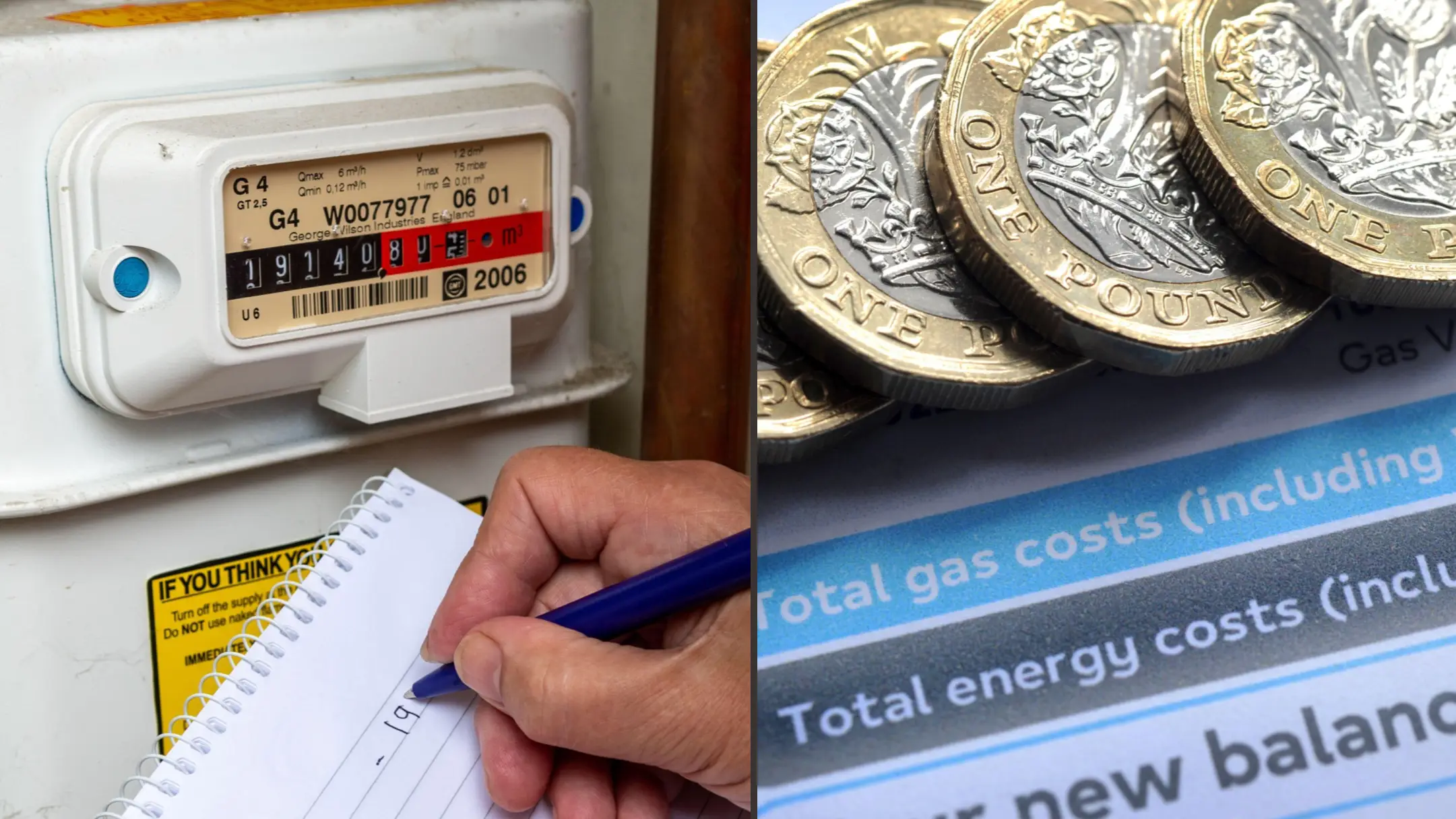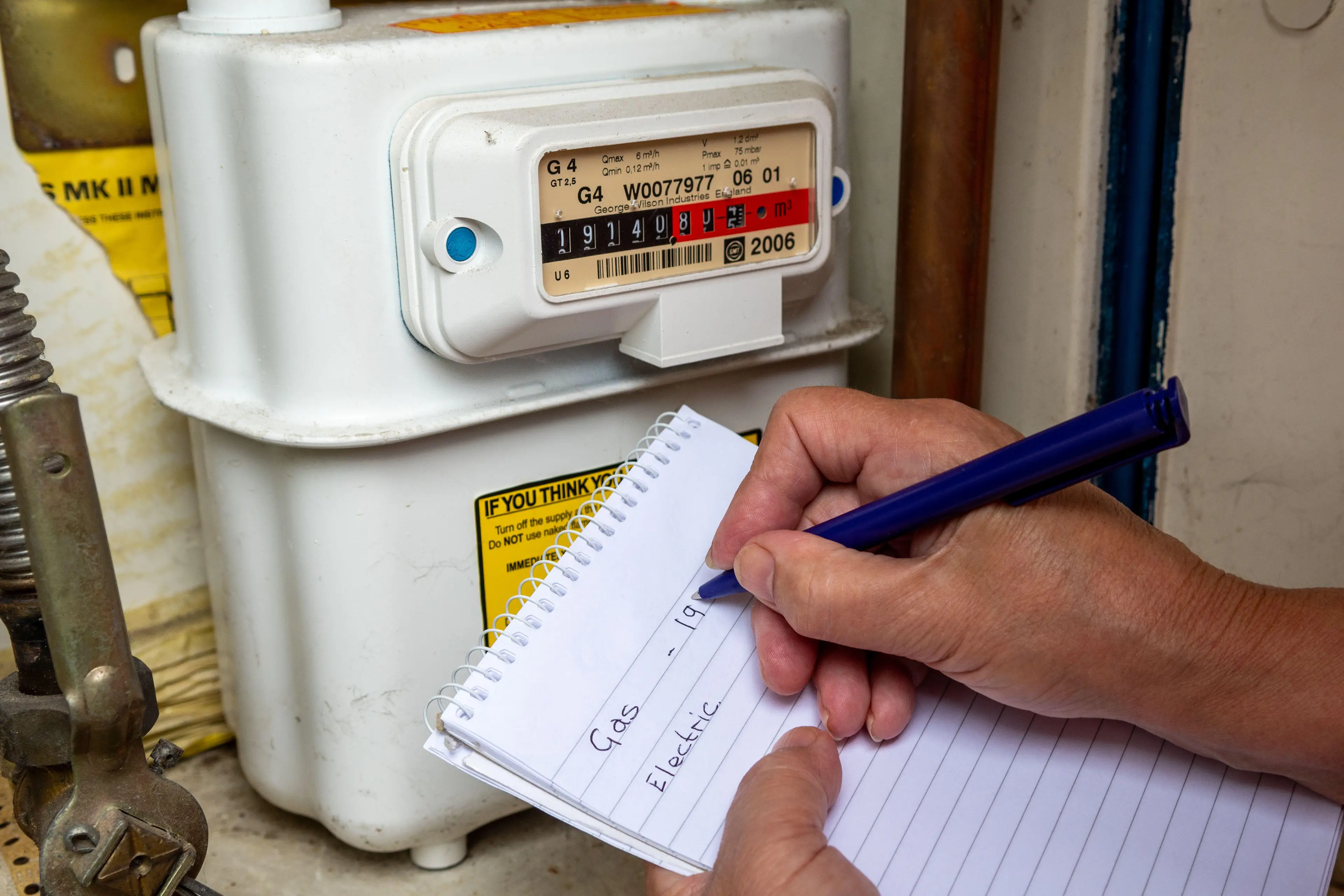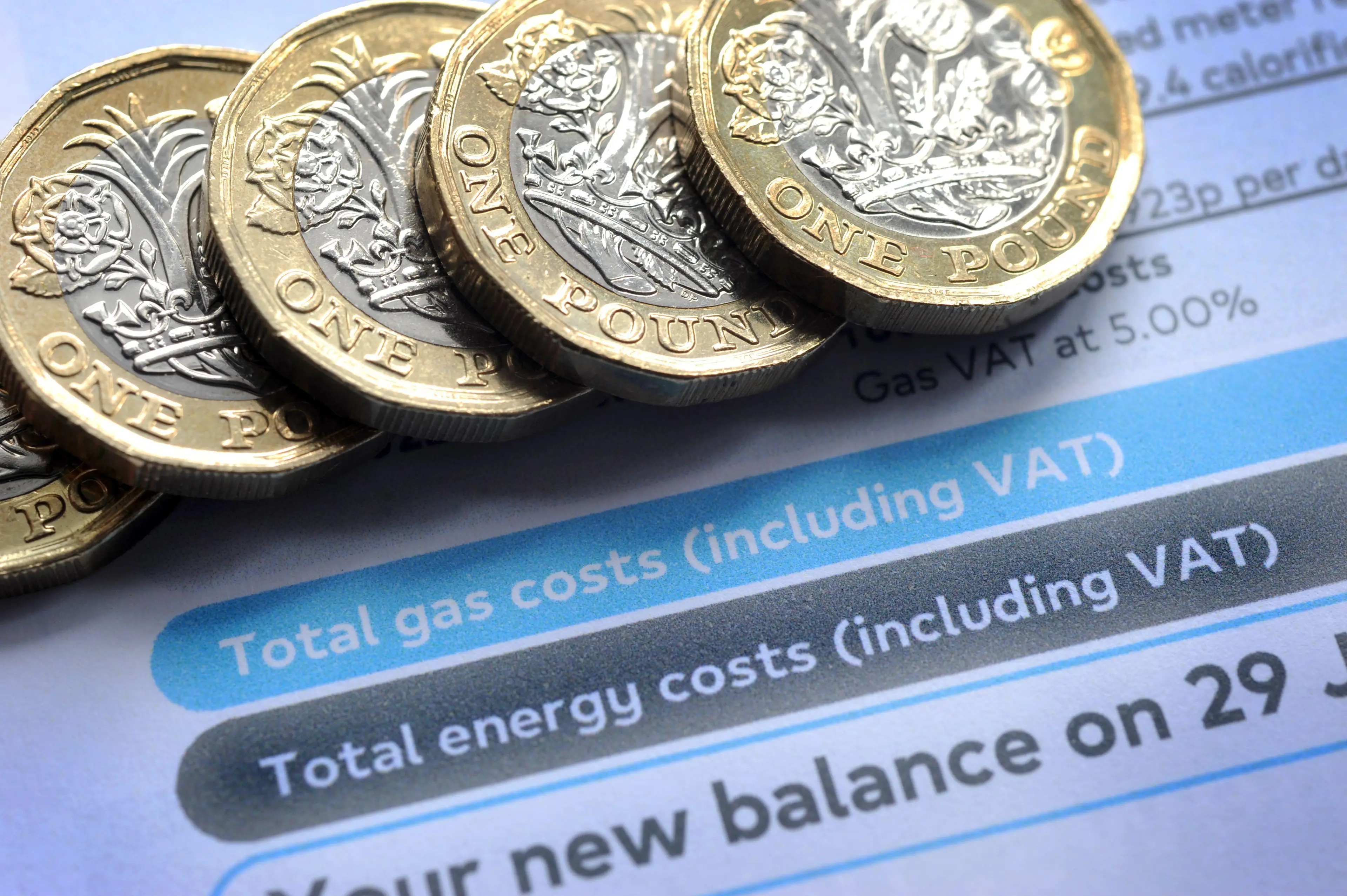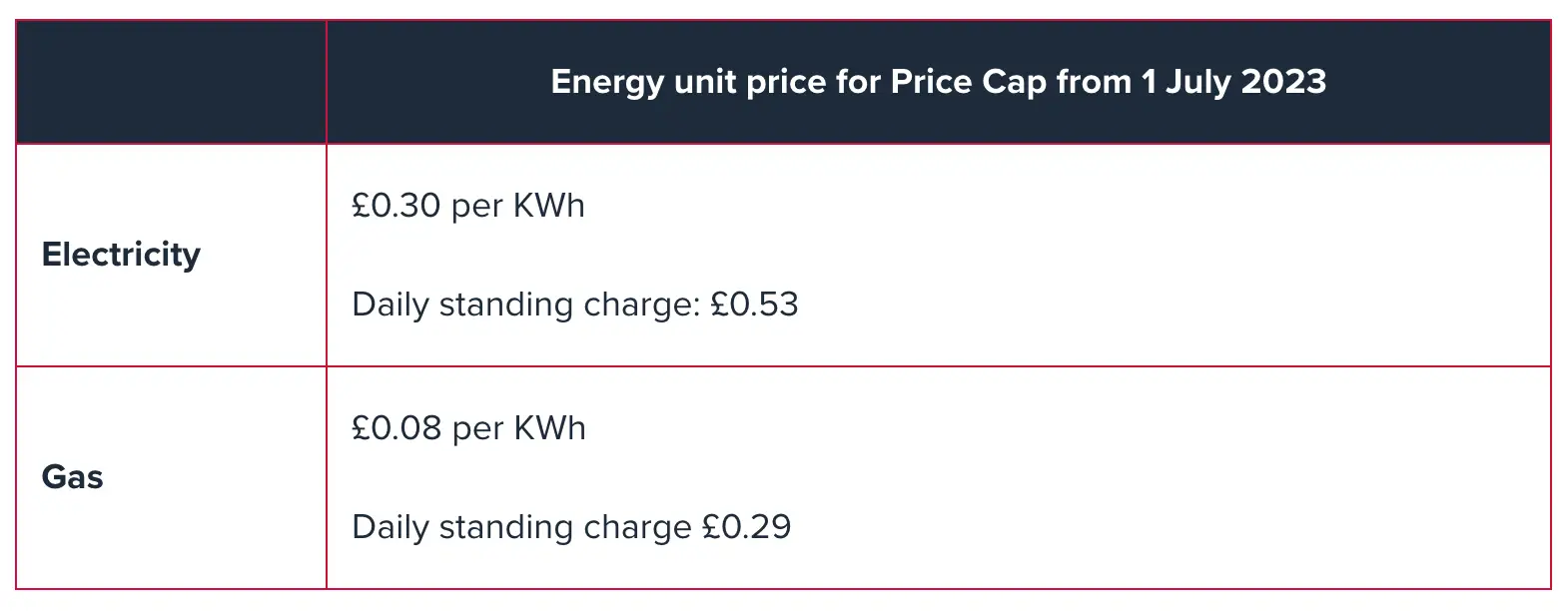
Homeowners are being warned about the date they must take a meter reading before the energy price cap change.
Amid summer holiday bookings, back-garden barbecue plans and tinnies in the park - Brits are now being urged to make note of a new date that should now be in all of our diaries.
It's just a matter of weeks now until a new energy price cap is set, so it's important for households to make sure they have taken a meter reading beforehand.

Advert
But what exactly is the energy price cap?
Well, as Ofgem explain: "The energy price cap sets a maximum price that energy suppliers can charge consumers for each kilowatt hour (kWh) of energy they use. How much you pay depends on how much energy you use."
The cap is also described as a 'government protection' which is calculated by Ofgem.
"At Ofgem we regulate energy suppliers, but we do not regulate the oil and gas production sector," the site continues. "The cap ensures that the profit energy suppliers make is capped."
In short, the energy price cap is a limit on the price people pay for their energy.

The energy regulator has announced that 'typical' gas and electricity bills will be capped a £2,074 a year from 1 July.
The price cap will leave households currently struggling with the cost of living crisis with an annual saving of £426.
"From 1 July, the energy price cap will be set at an annual level of £2,074 for a dual fuel household paying by direct debit based on typical consumption, which reflects recent falls in wholesale energy prices," Ofgem informs.
So, be sure to have updated your meter within the next two weeks which will help prevent your energy supplier from determining bill prices that aren't accurate to your typical usage.
The price cap is applied to customers on a 'default energy tariff' and it effectively ensures that prices for customers on default energy tariffs are 'fair and cost-reflective'.

The updated price cap works by setting a limit on the maximum amount energy suppliers can charge for each unit of gas and electricity.
It doesn't cap your total bill, however, which will change depending on how much energy you use.
Ofgem adds: "The way you pay for your energy, where you live, your meter type, as well as your consumption, will affect your energy bill."
The price per kilowatt hour for customers on the default tariff sees electricity at 30p per KWh with a daily standing charge of 53p and gas at 8p per KWh with a daily standing charge of 29p.